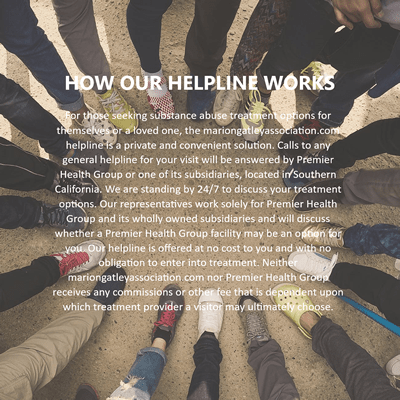Although it may not seem obvious at first, alcohol and drug addiction are closely tied to weight. Addiction can cause either extreme weight loss or gain, and oftentimes addiction recovery is accompanied by unwanted weight gain. While addiction recovery centers can work with clients to adopt an appropriate nutrition and exercise plan, many people in recovery become discouraged by the struggle to remain sober on top of dealing with weight issues.
Addiction can have varying effects on a person’s weight. While some drugs encourage weight gain, others promote weight loss. Alcohol is full of empty calories that will make a person feel full and satiated after drinking. As a result, those addicted to alcohol often subsist on a diet mainly composed of alcoholic drinks and not much else. Without adequate nutrition, this leads to weight gain and health problems. However, some people lose weight when addicted to alcohol; because alcohol damages the intestines, appetite may become suppressed and people eat less.
Opioids, stimulants, and amphetamines can cause adverse effects such as nausea, vomiting, constipation, and appetite suppression. In conjunction with behaviors that focus more on drugs than basic self-care like eating, people addicted to drugs like meth, heroin, and cocaine often lose dangerous amounts of weight.
Unlike other drugs, marijuana whets the appetite, and may cause some to overeat and gain weight. Of course, some people begin taking drugs for the express purpose of losing weight. Diet pills, Adderall, and stimulants all help people shed pounds, but when the tradeoff is addiction, dependence, or treatment in drug rehab, it’s not much of a deal.
But addiction itself is not the end of the story. When a person begins the journey of recovery, they’re prone to gaining weight, a side effect of folklore that encourages those in early recovery to use candy, coffee, chocolate, sweets, and other indulgences to keep themselves from relapsing. However, this well-intentioned advice flies in the face of science and the wisdom of addiction treatment programs. After addiction, the body is in desperate need of nutrition and care, and junk food will only harm the body further. Sugary foods can even exacerbate drug cravings in recovery, and send those in recovery into erratic highs and lows that may foment relapse. People in early recovery may also struggle with basic cooking skills and turn to easy, prepackaged (but unhealthy) meals that cause them to gain weight. The best course of action for someone in recovery is to stick with whole foods, healthy choices, and try to avoid overly sugary or fatty foods.
If you or a loved one is addicted to alcohol or other drugs, please email or call our compassionate representatives to learn about our luxury drug rehab facility, where clients recover in privacy and tranquility. Our trained and experienced staff are qualified to provide monitored, safe detoxification and treat dual diagnosis, and our clients walk away from treatment with the skills needed to cope with stress and banish cravings with healthy coping mechanisms. Please contact Intervention Drug Rehab Association today.



